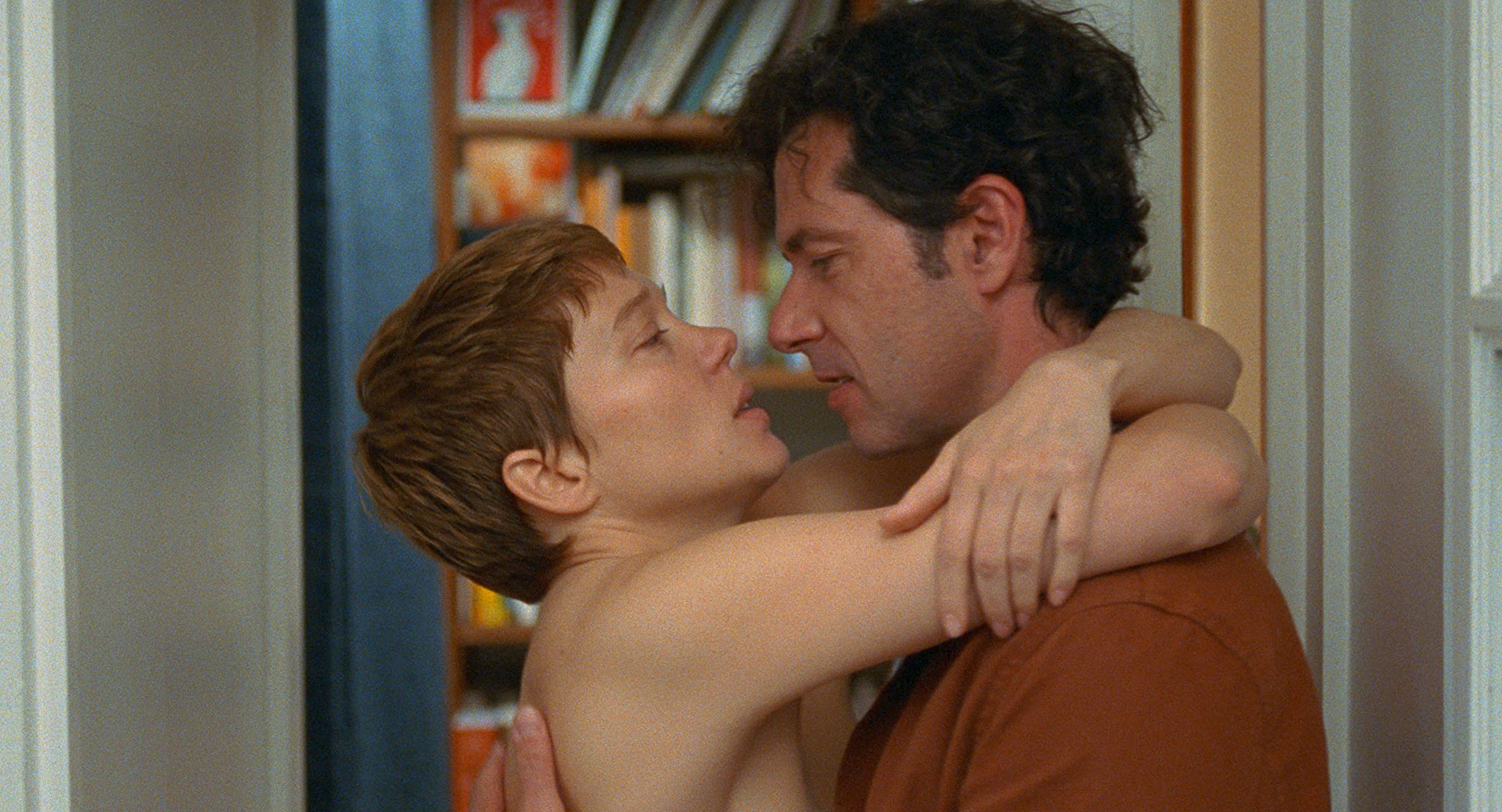One Fine Morning Review

One Fine Morning follows Sandra (Léa Seydoux), an interpreter, through her busy life in Paris. Besides her job, and caring for her young daughter Linn (Camille Leban Martins) as a single parent, she also looks after her father Georg (Pascal Greggory), who is contending with a neurodegenerative disease. As his condition worsens, Sandra happens to run into an old friend, Clémént(Melvil Poupaud), and their previously platonic relationship soon turns romantic – although he still happens to be married…
Writer-director Mia Hansen-Løve worked on the script of One Fine Morning as her own father was dying of a neurodegenerative disease, which perhaps explains why the scenes that follow Sandra coming to terms with Georg’s new state of being are consistently more engaging than those that track her relationship with Clémént. Pascal Greggory’s evocation of Georg’s turmoil (Sandra says ‘It’s as if he’s constantly drowning’) is quietly devastating; in the way he tries to cover up his confusion and maintain his genial façade, Greggory allows us to see with such clarity the dignified philosophy professor he was before disaster struck. In Léa Seydoux’s tender performance, we sense how close she once was to her father – you can imagine the kind of conversations the philosophy professor and the interpreter might have had – and what a monumental loss she’s having to reckon with, even though he’s still very much alive. It all feels bracingly, woundingly true.
In contrast, the romance between Sandra and Clémént feels as if it’s there to perform a narrative function. Whilst there’s value in what Hansen-Løve is trying to say with her depiction of that relationship – life keeps moving forward even when you’re dealing with an enormous trauma; good things can happens right alongside awful ones – the trajectory of their illicit courtship, the whole ‘I won’t be your mistress!’ ‘I’m going to leave her!’ affair dialogue, plays out unusually broad for a writer-director known for her strong grasp on emotional authenticity. Because Seydoux and Melvil Poupaud are both strong actors, they can sell it up to a point, but the scenes centred on their affair remain the least compelling throughout the film.

If there’s a narrative throughline to Hansen-Løve’s oeuvre, it’s in her fondness for characters who are faced with unforeseen ordeals – divorce (Things to Come), death (The Father of My Children), even kidnapping (Maya) – and have to work out how to get their lives back on track once those ordeals have reached an end.
One Fine Morning fits largely within that recuperative back catalogue, but it includes another dimension too. In portraying Georg’s illness so vividly, as well as a wider array of late-life difficulties amongst her supporting cast (early on, Sandra visits a comparatively healthy elderly friend who says – with endearing off-handedness – “It’s a bit difficult sometime, living…”) Hansen-Løve adds further weight to her view of existence. If we’re lucky enough to make it to old age…well, we might not feel so lucky once we get there. Distraught at her father’s condition later in the movie, Sandra begs Clémént to euthanise her should she become similarly afflicted. How are we meant to go about our days knowing all the darkness that may well await us at the end of them?
Hansen-Løve is far too complex a filmmaker to openly state such cliches, yet One Fine Morning acts as her ‘enjoy every moment’ movie – we never know what’s waiting around the corner, so what choice do we have but to embrace the good things in our lives whilst we still have them? As we climb the steps of the Sacre Coeur during the last minutes of the film, enjoying the view with Sandra and those she holds most dear, the truth in that message seems as clear as the skies over a beatifically sunny Paris.
★★★★


